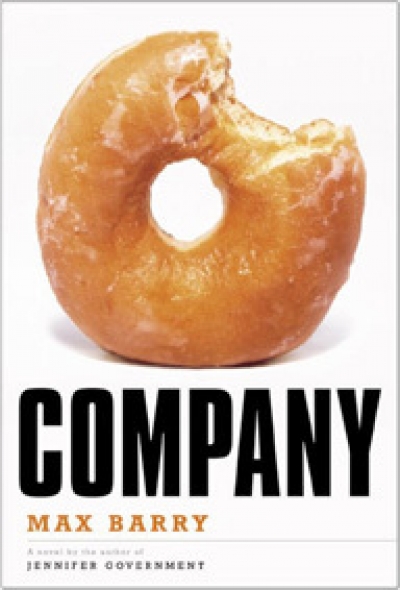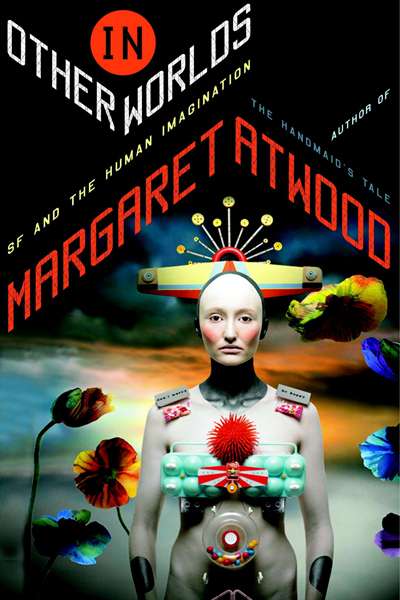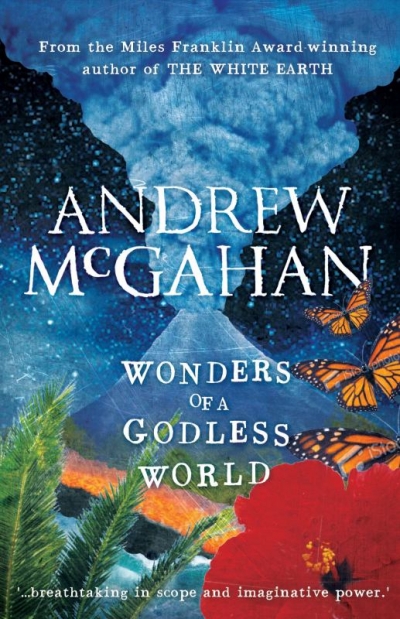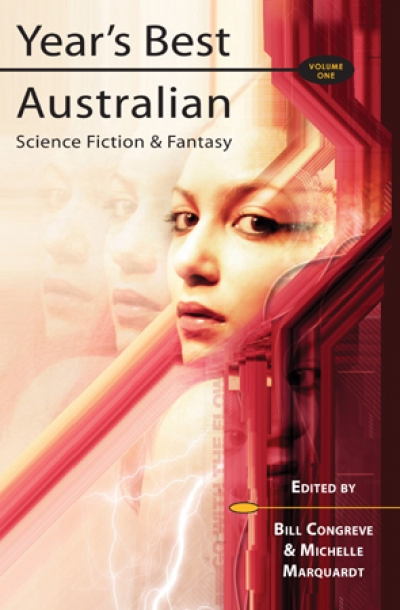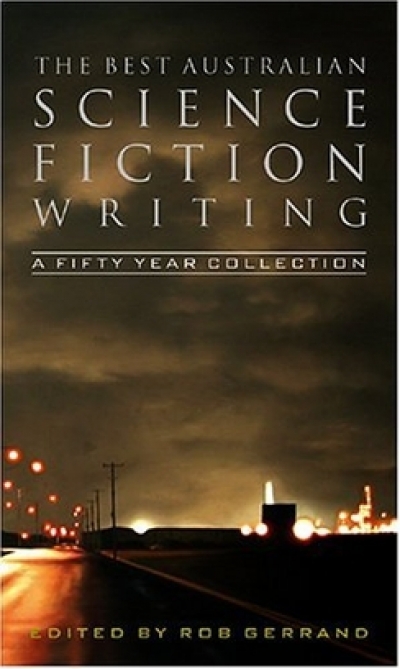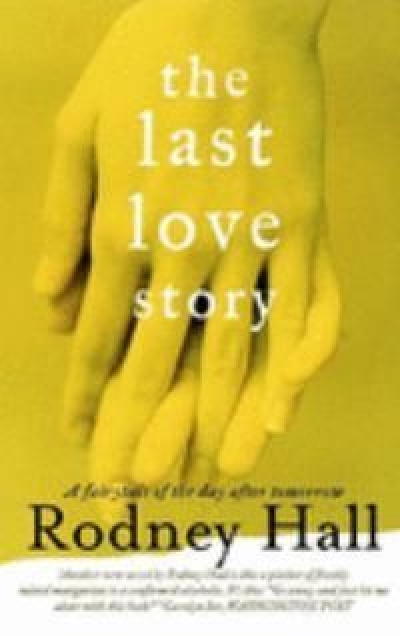Science Fiction
In Other Worlds: SF and the Human Imagination by Margaret Atwood
by Melinda Harvey •
Latent violence
Dear Editor,
In reviewing my biography of Clifton Pugh, Brenda Niall, a distinguished biographer herself, arrives at this puzzling last sentence: ‘Whether or not Morrison intended it … the Clifton Pugh of these pages emerges more as opportunist than true believer’ (ABR, February 2010). She states earlier that it surprises her that a large number of women were attracted to Pugh, and that I myself retained a measure of love for him until the end of his life.
... (read more)The Year's Best Australian Science Fiction and Fantasy 2004 edited by Bill Congreve and Michelle Marquardt & A Tour Guide in Utopia by Lucy Sussex
by Jake Wilson •
The Best Australian Science Fiction Writing: A fifty-year collection edited by Rob Gerrand
by Chris Palmer •
Earth Is But a Star: Excursions through Science Fiction to the Far Future edited by Damien Broderick
by Sylvia Kelso •

